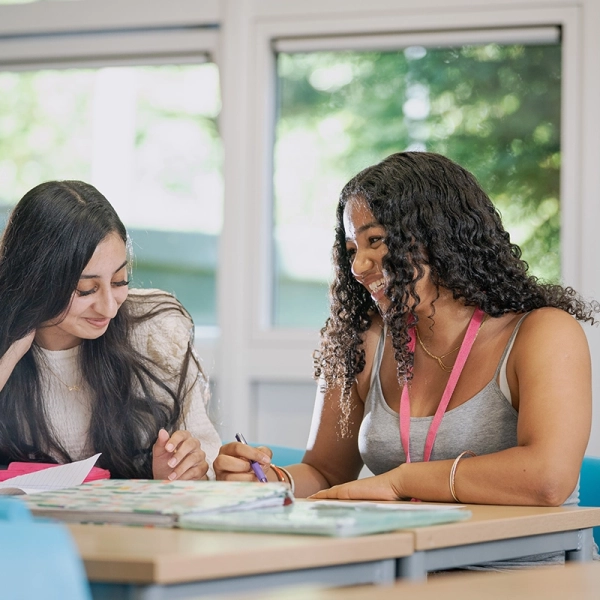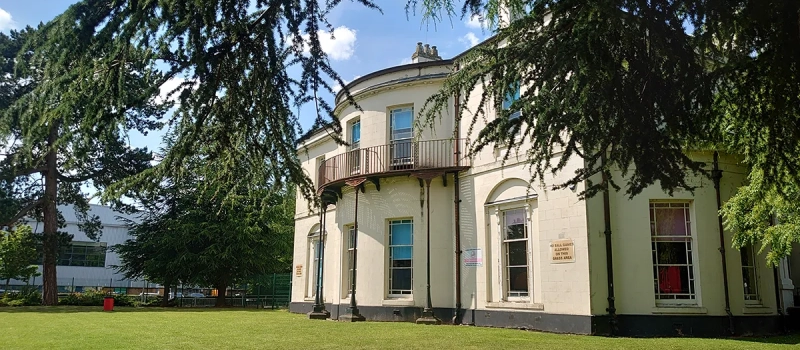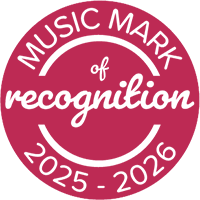Social Science (Including RE)
Religious Education
Parents/carers have the right to ask that their child does not take part in Religious Education and collective acts of worship. This request needs to be made in writing to the school. Parents/carers are expected to provide alternative work for students for who this applies.
The Religious Education (RE) curriculum is largely based on the Manchester Agreed Syllabus for Religious Education (MAS) and is taught through both Social Science lessons in addition to our Personal Development curriculum. It aims to extend and deepen our young people’s understanding of religious and non-religious viewpoints in local, national and international contexts. RE is also taught to all students as an examination subject (Ethics and Philosophy) at GCSE and we offer A level Religious Studies in our sixth form.
Key Stage 3
Within Social Science our KS3 curriculum is intended to develop independent, socially aware, critical students aware of the world around them and the impact they have on society and the rights and responsibilities they have as citizens. We enable students to be aware of all people in our diverse community, including those of differing faiths, ethnicities, and backgrounds with an ethos of mutual respect within our curriculum. We equip students with skills and toolkits to deal with all the issues society will deal them over the course of their life. Social Science allows students to develop into politically, religiously and socially aware members of society.
Personal Development and Social Science is delivered during lessons and also as part of the Personal Development Curriculum (with Form Tutors) during Key Stage 3. This includes:
- Religious Education
- Citizenship
- PSHE
Key Stage 4
Social Science subjects offered for our Key Stage 4 students:
- OCR Cambridge National Health and Social Care
- GCSE Citizenship Studies
- GCSE Ethics and Philosophy
- GCSE Psychology
- GCSE Sociology
- AS Extended Project
Health and Social Care
In the Health and Social Care department, we aim to provide students with the knowledge, skills and independence required to work in this industry. Real life scenarios and case studies are a big part of the course as students develop resilience and empathy skills as well as application of theory into a context which prepares them for their life beyond school.
Students develop an understanding of physical, intellectual, emotional, and social development throughout a range of life stages, as well as looking at how life events can impact us; allowing the students to develop their compassionate side and how to provide physical, emotional, and social support for individuals at various stages of life and for several reasons. Students will explore the health and social care services available to both adult, children and vulnerable service users including the job roles of service providers. They will be given the opportunity to demonstrate the health and social care values, which are currently used within the industry, allowing students to understand how these care values impact service users. The units studied on this course are:
- R032 – Principles of Care in Health and Social Care Settings
- R033 – Supporting Individuals through Life Events
- R035 – Health Promotion
Psychology
The purpose of our Psychology curriculum is to inspire pupils in the understanding of the human mind and behaviour. We aim to secure strong academic outcomes alongside a discovery of new and thought-provoking areas of study. By exploring a wide range of topics, pupils can find areas of interest which will raise their confidence and encourage them to embrace a growth mind set. The Psychology curriculum involves pupils learning about key understandings and perspectives on the mind and behaviour as well as considering the applications psychology has to society. They will develop mathematical skills to allow them to analyse research and practical skills through collecting the data themselves. Alongside learning a variety of new key terms and concepts, pupils will have to apply this knowledge and evaluate studies and theories. We are committed to ensuring all pupils have high aspirations and providing support and provision to ensure all can succeed.
At Key Stage 4 pupils progress through eight topic areas:
- Memory
- Development
- Social influence
- Research methods
- Perception
- The brain and neuropsychology
- Psychological problems
- Language, thought & communication
Sociology
At the core of the Sociology curriculum students are encouraged to consider society and their role within it. This encourages students to have social awareness while also considering diversity and inclusion in the contemporary world. Specifically, we follow the EDUQAS WJEC curriculum at GCSE.
Year 10 – Component 1: Understanding Social Processes:
This component focuses on the themes of socialisation, identity and culture. Learners study:
- Key concepts and processes of cultural transmission
- Sociological research methods
- Families
- Education
Year 11 – Component 2: Understanding Social Structures:
- Social differentiation, power and stratification
- Crime and Deviance
- Applied methods of sociological enquiry and their knowledge and understanding of sociological research methods
EPQ
The Extended Project qualification is an opportunity to develop thinking in a topic area of choice by carrying out a detailed project. Each pupil completes their own Extended Project, chosen by the learner, and approved by the assessor. The project can be undertaken as an individual or part of a group. The Extended Project gives pupils an opportunity to develop skills for future study or employment such as critical thinking, planning, analysis, synthesis, reflection and evaluation. It aims to develop and recognise independent learning. The Extended Project aims to equip students with the knowledge, skills and attitudes to:
- Develop and extend knowledge in a specified topic area
- Develop independent research and learning skills
- Develop confidence, responsibility and organisational skills
- Develop critical thinking, analysis, synthesis, reflection and evaluation
- Develop problem solving and communication skills
Citizenship
Through studying GCSE Citizenship Studies students will gain the ability to form their own hypotheses, create sustained and reasoned arguments and reach substantiated conclusions about citizenship issues. They will understand the range of methods and approaches that can be used by governments, organisations, groups and individuals to address citizenship issues in society, including practical citizenship actions and they will learn how to formulate citizenship enquiries, identifying and sequencing research questions to analyse citizenship ideas, issues and debates. As part of the course students will be required to plan practical citizenship actions aimed at delivering a benefit or change for others in society and then critically evaluate the effectiveness to assess progress towards the intended aims and impact for the individuals, groups and communities affected. Topics inlcude:
- Life in Modern Britain
- Rights and responsibilities
- Politics and participation
- Active Citizenship
Ethics and Philosophy
In Ethics and Philosophy the students will be encouraged to explore their own beliefs alongside the beliefs of others to build their sense of identity and belonging. This will help them consider their responsibilities about how they can contribute within a diverse society. We aim for students to develop a respect and tolerance for others and to help challenge prejudice through tolerance and compassion. Topics studied on the course include:
- Beliefs and values
- Applied ethics
- Political philosophy
- Philosophy of religion
Key Stage 5
Social Science subjects offered at Parrs Wood Sixth Form (click on the links below for the subject information sheet):
- BTEC Health and Social Care
- A Level Psychology
- A Level Religious Studies
- A Level Sociology
- Applied Diploma Criminology
Contact
Director of Faculty: S. McCready (s.mccready@pwhs.co.uk)
















